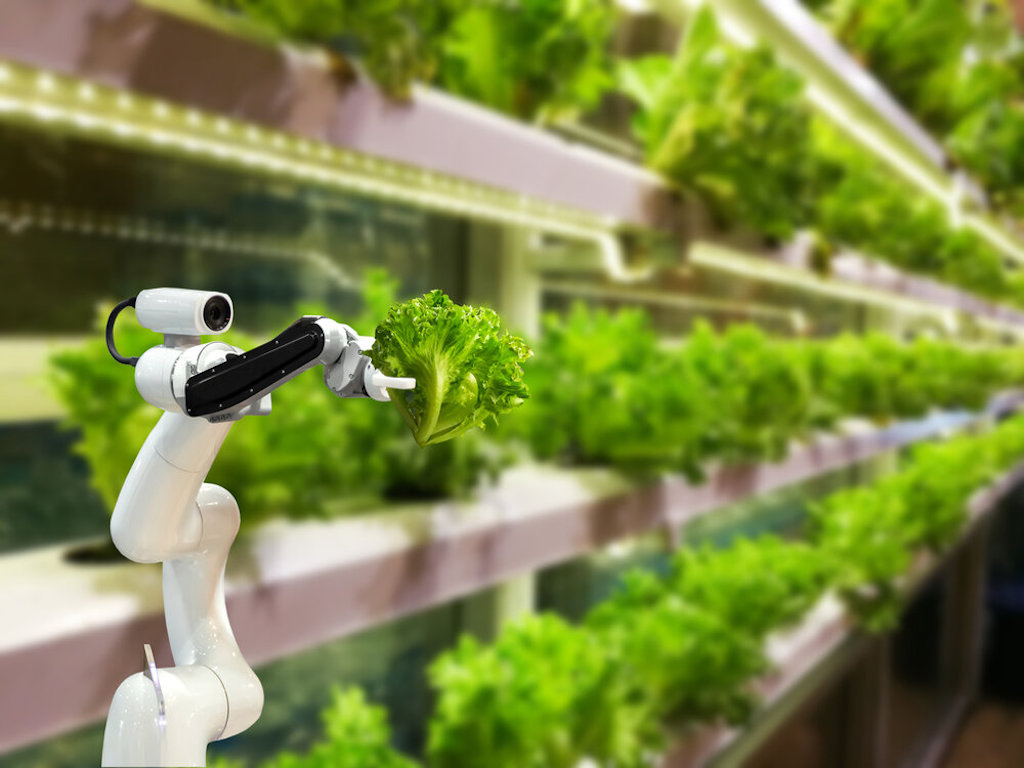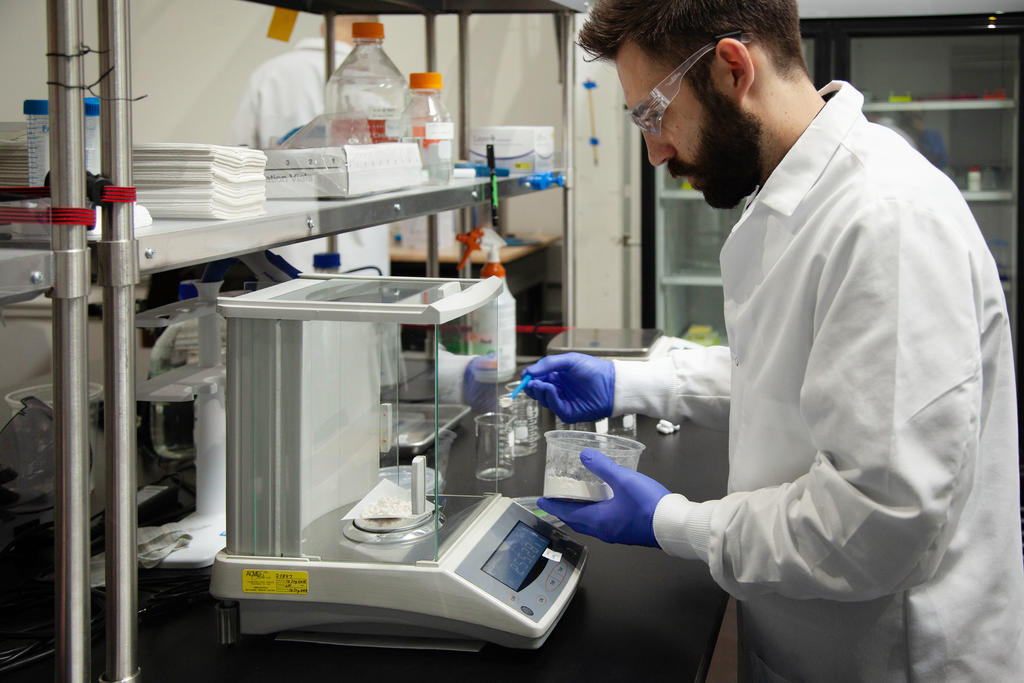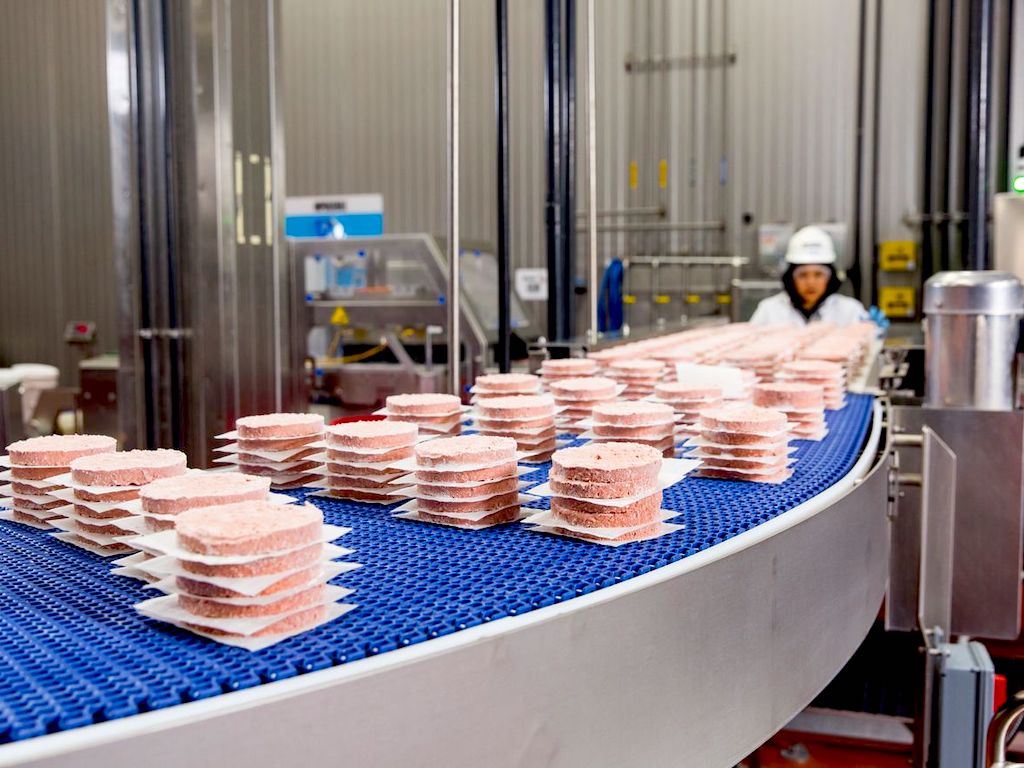5 Mins Read
Investment into the agri-food tech industry in 2020 is expected to top US$30.5 billion, representing a 34.5% increase from the year before, according to new statistics. As the pandemic continues to spotlight the critical need for resilient supply chain solutions, funding has been pouring into a range of ventures in the industry, spanning from novel farming technologies to alternative protein food techs.
Total dollars committed to agri-food tech companies over the course of 2020 is predicted to have grown 34.5% year-on-year to reach US$30.5 billion, the highest-ever on record, finds a new AgFunder report into investment in the burgeoning industry. According to the research, the industry’s trajectory over the coronavirus-stricken year was significantly driven by bets on resilience, in response to both investor and consumer responses to the global supply chain shocks that were especially prominent early on in the pandemic.
“It’s been a blow-out year. Startups raised US$26.1 billion in 2020, a 15.5% year-over-year increase, which we expect to increase to more than $30 billion as new 2020 deals come to light,” said the report.
The incredible performance of the entire sector was also driven by a growing number of eye-popping rounds, especially late-stage deals, which analysts say is indicative of the big bets that investors are now making on maturing companies within their existing portfolio.

It’s been a blow-out year. Startups raised US$26.1 billion in 2020, a 15.5% year-over-year increase, which we expect to increase to more than $30 billion as new 2020 deals come to light.
2021 AgFunder AgriFoodTech Investment Report
“Impossible Foods’ US$500 million and US$200 million rounds are a case in point,” it noted, though the report also added that early-stage deals are growing in size too, thanks to younger innovators gaining more “recognition by a widening spectrum” venture capital firms.
As a cohort, early-stage tech innovators in the industry grew 10% year-over-year in 2020, and the number of deals grew 15%.
One of the trends that AgFunder researchers highlighted as the pandemic wore on, starting from mid-2020 until the end of the year, was that upstream ventures began to surpass downstream companies in both funding deals and dollars. Compared to the US$14.3 billion invested into downstream tech in 1,142 deals, upstream startups raised US$15.8 billion in 1,950 – marking the first time in seven years that ventures that are closer to the farm outpaced the other end of the supply chain.
“While investors continued to support important downstream categories such as eGrocery, they became more comfortable with upstream food production categories, many of which had Covid-19-related appeal,” stated the report.
“Dangerous infection rates at meat packing plants in the U.S., gallons of milk thrown away down drains, produce left to rot in the fields – these are just some of the scarring images many will never forget.”

“Even just a few years ago, new agri-inputs, farm robotics, novel farming systems, and innovative foods were deemed too “risky” for all but the most specialised investors. Today, there is a flood of generalist investors backing such technologies,” commented AgFunder’s Jessica Pothering in a summary of insights from the report.
Dangerous infection rates at meat packing plants in the U.S., gallons of milk thrown away down drains, produce left to rot in the fields – these are just some of the scarring images many will never forget.
2021 AgFunder AgriFoodTech Investment Report
Meanwhile, another key trend is the year-on-year doubling in investment in innovative food techs to US$2.3 billion, with deal activity also growing a staggering 60%. Researchers say that much of this is driven by investors doubling down on alternative protein startups and their novel animal-free solutions, especially as consumers increasingly question the safety, provenance and sustainability of what’s on their plates.

Numerous such companies have recently held high-profile tastings and reported production costs in the low-double and high-single digits.
2021 AgFunder AgriFoodTech Investment Report
Aside from the obvious example of the makers of the bleeding heme-filled plant-based beef patties, Impossible Foods, the report also highlighted San Francisco-based cultured meat startup Memphis Meats, who secured a history-making $161 million Series B last year and cultivated protein pioneer Mosa Meat, who is now already driving up 2021 investment figures with its latest third-tranche in February 2021, bringing its Series B to US$85 million.
“Numerous such companies have recently held high-profile tastings and reported production costs in the low-double and high-single digits — a major accomplishment in a field reporting per-unit costs in the hundreds and thousands of dollars just a few years ago,” wrote the report, on the positive projections for the cultured meat industry.
Fermentation players like animal-free dairy startup Perfect Day’s US$300 million Series C and Bill Gates-backed fungi protein company Nature’s Fynd bagging US$45 million and US$80 million in two rounds last year were also up on the list, as well as plant-based nutrition in healthcare startup, Kate Farms, who tallied up a US$60 million Series B after a second close.
Lead image courtesy of Impossible Foods.




